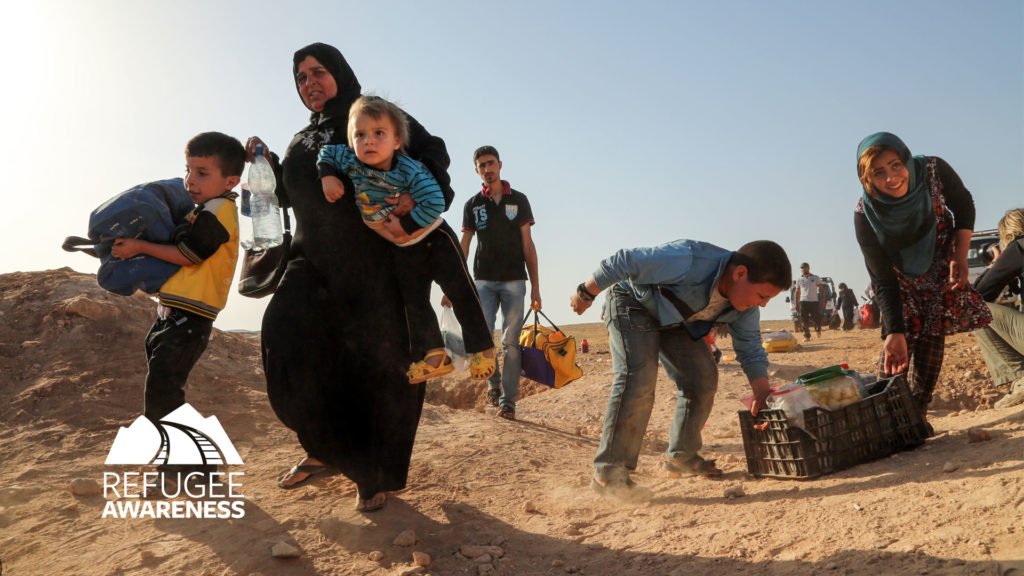
ATHENS (BP) – Time is never a guarantee when Christians meet a refugee in Greece. They may have years, months, weeks or just hours to share the hope that is found in Jesus.
This is why International Mission Board missionaries and ministry partners who serve in Athens developed an eight-hour, eight-day and eight-week ministry strategy to share the Gospel and disciple refugees based on the time available.
“You never know how long you are going to have with someone,” said Derrick Pennon*, who served with the IMB in Athens before accepting a position at a Baptist church in Kentucky. “You might lead somebody to faith that morning, but they’re on a train that night, leaving for Macedonia, so drop everything you’re doing. You’ve got eight hours. What are you going to give him in eight hours, or a family who might be leaving in eight days? What can you give them in eight days so that they can reproduce it whenever they land?”
Pennon says eight weeks to eight months with new Christians is ideal. They’ve found this time frame gives them opportunity to more fully share biblical truths before the refugees are relocated.
Greece is a transition country – no refugee comes with the intent to stay, Pennon said. The Greek unemployment rate is high, making it difficult for many Greek citizens to find work.
Refugees typically first arrive on a Greek island, many of them coming by boat from Turkey. On the islands, initial checks are performed, and then refugees receive approval – the timing of this varies – to be ferried to Athens. Refugees are placed in camps in the Greek capital as the asylum process continues, and while they wait to hear what country will admit them. Once refugees move to their host countries, gaining residency and citizenship is often another long journey.
It wasn’t always this way, but Pennon said refugees on the islands now might be there for years before they are ferried across to Athens. The islands are overcrowded, and the conditions are poor. Pennon said the unfortunate reality is that many refugees stall in Greece due to a backlog of cases. The country has had difficulty managing the caseload of refugees coming through, and COVID-19 exacerbated the situation.
Some of the refugees that Pennon has met have been there two years. Though many refugees have long stints in Greece, Pennon and other believers will often meet refugees interested in the Gospel during the tail end of those two years. Sometimes they meet refugees who use smugglers to expedite their move to other countries. Timing can be frustrating and unpredictable, making preparedness key.
“God in His sovereignty – He knows when someone is going to come to faith,” Pennon said.
Pennon said they leave the timing up to the Lord and are committed to being prepared, no matter what.
“We’ve learned that the hard way during the height of the [refugee] crisis,” he said, “because, literally, people would get off the boat in the morning in Athens, and then that night they’d be leaving for Macedonia. And so, you literally had eight hours – what are you going to do in that time that you have with someone?”
The height of the refugee crisis in 2015 led to the formation and galvanization of their eight-hour, eight-week and eight-day strategy. Though the crest of the crisis has passed, the strategy’s efficacy continued, and IMB missionaries currently on the field are continuing the ministry.
Pennon said those ministering to refugees operate with a movement-minded strategy with church multiplication as the end goal. Their team includes multiple nationalities working together.
When possible, they pair refugees with a Christian from the same or similar background for evangelism and discipleship. One of the strengths of the diversity of their team is having same-culture or similar-culture Christians sharing the Gospel.
In this way, God makes the most of their time together – however short that time might be.
*Names changed for security

















